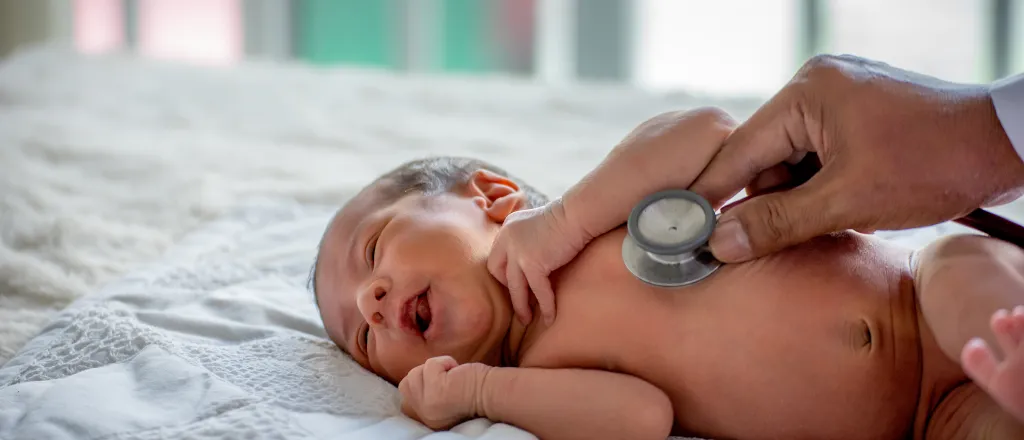
Wyoming lawmakers consider extended health coverage for new moms
(Wyoming News Service) New mothers in Wyoming enrolled in the Medicaid Pregnant Women Program lose their health insurance 60 days after giving birth, but a new bill making its way through the state's 67th Legislature would extend coverage for a full year.
Marissa Carpio, policy associate for the Wyoming Women's Foundation, said having health insurance is the number one determinant of good health, for mothers and newborns.
"Having health insurance means that you're more likely to seek preventive care, or get that odd symptom checked out that maybe arose during birth or after birth," Carpio observed. "And to not have to sacrifice the funds for your food or your rent to go figure out those health complications."
House Bill 4, sponsored by the Joint Labor, Health and Social Services Interim Committee, is now on General File and could get its first vote today.
Some critics have argued expanding coverage for new mothers is unnecessary because assistance is already available through Medicaid's Family Planning program. Newborns remain eligible for health insurance during their first year.
Carpio pointed out the family planning program is not comprehensive, it only covers gynecological exams and lab tests. It does not cover health issues including heart disease or stroke, which are leading causes of death for new mothers.
Working women of childbearing age are currently the largest group in Wyoming without insurance, largely because they are less likely to get coverage through their employer.
"They're more likely to be working part-time, low-paying jobs that don't offer insurance anyway," Carpio noted. "This type of program that is so specific to new mothers in our state is very important for the success of babies and communities."
According to the Wyoming Department of Health, nearly one in five new mothers participating in the Medicaid Pregnant Women Program currently end up losing health insurance.
Carpio believes healing after birth is a long and important process, and access to care will help women avoid financial and health-related stress, return to work and attain economic self-sufficiency.
"The biggest and most important thing is that continuous coverage after birth," Carpio emphasized. "When you're trying to raise a newborn child, trying to get back to work, the last thing you want to do is try to get your health insurance back to go see the doctor. You should be able to see the doctor when your family needs to."
















